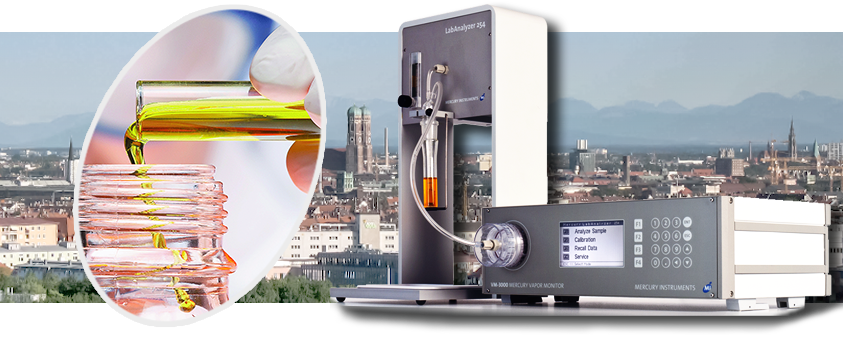Japan and the UN Environment Programme (UNEP) committed to investing around three million U.S. dollars in setting up a mercury monitoring laboratory network in the Asia-Pacific region.
Unscientific disposal of everyday products including cosmetics, fluorescent bulbs, batteries and dental fillings that contain a high level of mercury, has become a significant health threat, leading to a large number of deaths globally.
The first case of mass mercury poisoning was identified in Minamata, Japan. In May 1956, a sudden influx of patients—mostly fishers—suffering from an unknown disease crowded the hospitals in the region.
After a series of protests, the government agreed to act. A probe found that a local company had dumped waste containing a high quantity of mercury leading to the ailment among locals. The mercury, that had seeped into the water sources, was consumed by fishes and subsequently entered the food chain of Minamata residents.
The contamination resulted in the death of nearly 900 people.
In 2016, nearly six decades after Japan's tragedy, a global treaty, the Minamata Convention was signed to protect human health from mercury pollution.
With nearly half of the global mercury consumption and emissions occurring in Asia and the Pacific, UN environment and Japan decided to tackle the issue.
"In the implementation of the Minamata Convention, we need effective and timely actions. We also need to bring wider stakeholders on board," said Tamami Umeda, director-general for Environmental Health Department of the Ministry of the Environment, Japan, in a press release.
"With that in mind, Japan has launched a new project to enhance mercury monitoring as a basis for enhanced science-based policy-making towards [curbing] global mercury pollution."
Apart from setting up the laboratory network, a capacity building and training module will also be provided to the countries in the Asia-Pacific region.
"The dangerous effects of mercury on the environment and human health are now well documented, and the global community is acting to protect people and planet," Dechen Tsering, UN Environment's Regional Director for Asia and the Pacific said.
Japan has long been an important leader on this issue, and this new contribution only serves to underline their commitment."


